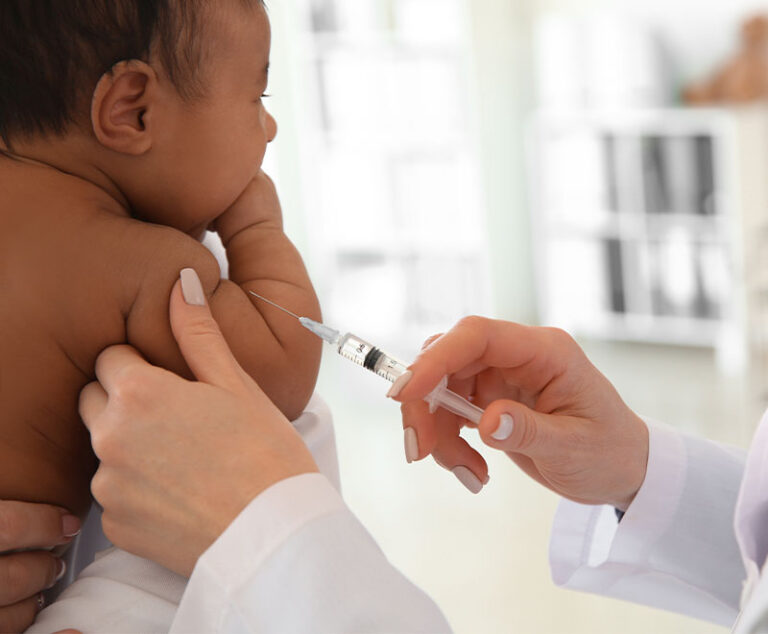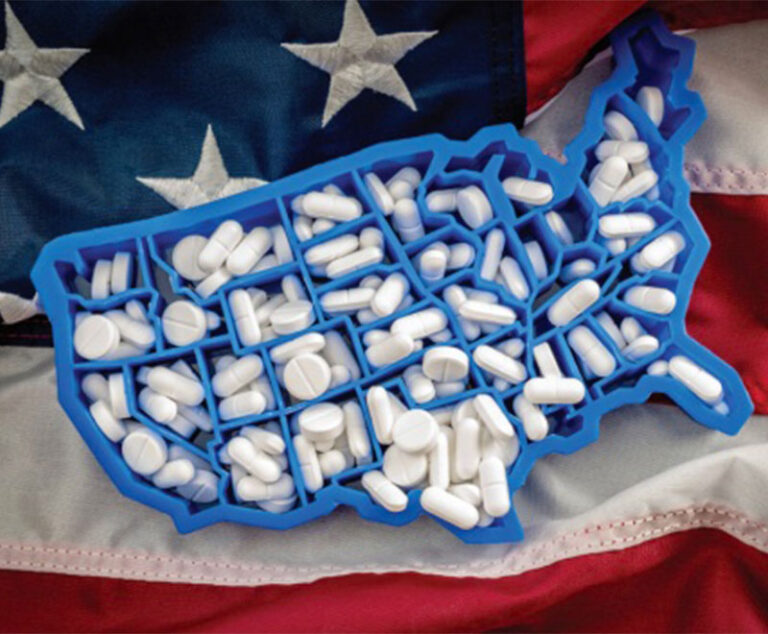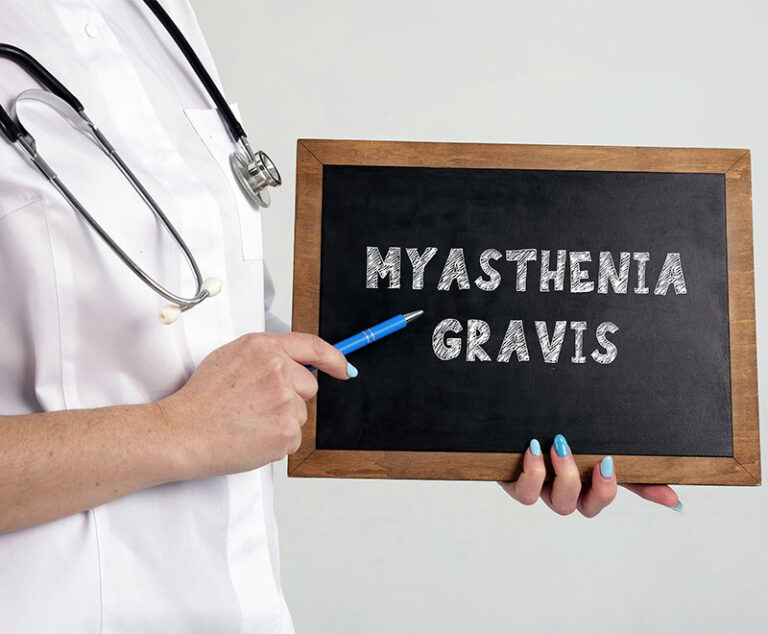Industry News
Research, Science & Manufacturer Updates
Researchers at the University of Oxford in the United Kingdom have linked several genetic variations with the level of protective antibodies generated following routine childhood immunizations.
The 2018-19 influenza (flu) season was both the longest in a decade and marked by two separate waves of influenza A, CDC says.
Sanofi and Merck’s Vaxelis has been approved by the U.S. Food and Drug Administration.
A previously unknown autoimmune muscle disease involving sudden onset of debilitating muscle pain and weakness has been identified by researchers at Washington University School of Medicine in St. Louis, Mo.
A new study by researchers at Columbia University has found handing a pamphlet about influenza (flu) to parents in pediatricians’ waiting rooms can have a significant impact on increasing the uptake of the flu vaccine.
The U.S. Department of Health and Human Services released an additional $487 million to supplement first-year funding through its State Opioid Response grant program.
The U.S. Food and Drug Administration has issued draft guidance to overcome obstacles to increasing enrollment diversity in clinical trials.
The Centers for Medicare and Medicaid Innovation is introducing new pay models that will shift primary care from fee-for-service payments to a global fee model under which clinicians and hospitals could assume varying amounts of risk.
A team of Dutch investigators enrolled 18 multifocal motor neuropathy (MMN) patients on intravenous immune globulin(IVIG) treatment in a prospective open-label study to evaluate the comparative safety of treatment with 10% human immune globulin whose subcutaneous administration is facilitated with recombinant human hyaluronidase (fSCIG) (HyQvia).
Canadian investigators at Ottawa Hospital have reported a very high success rate with a nurse-led individualized program to facilitate a smooth transition in patients with neurological disorders from chronic intravenous immune globulin (IVIG) to subcutaneous immune globulin (SCIG) treatment.
Researchers at the University of Melbourne have discovered immune cells that can fight all different kinds of the influenza (flu) virus.
A study out of the University of Texas Southwestern Medical Center found a 96 percent response rate to treatment with therapeutic plasma exchange (PLEX) in a series of 58 consecutive myasthenia gravis (MG) patients, with no significant difference in response between those with or without autoantibodies.












